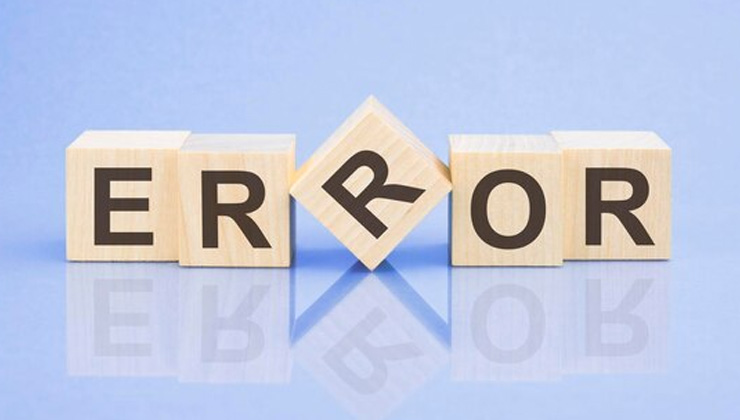
Imagine stepping into a hospital where every process—from diagnosis to treatment—is streamlined and informed by cutting-edge technology. This isn't science fiction; it's the future of healthcare powered by machine learning. Gone are the days of generic treatment plans and long waits for test results. Machine learning is transforming healthcare by helping doctors make faster, more accurate decisions, personalized to each patient.
In the simplest terms, machine learning allows computers to analyze enormous amounts of data and learn from it. In healthcare, this means machines can now look at thousands of patient cases in seconds, identifying patterns and drawing conclusions that would take humans months, or even years, to find. Let's dive into some real-world examples to see how this is already making a difference.
In radiology, for instance, machine learning algorithms can now examine X-rays, MRIs, and CT scans with a level of precision that rivals trained specialists. Imagine a radiologist collaborating with an AI system: the AI can flag tiny irregularities in images that might otherwise go unnoticed, helping doctors catch conditions like cancer at their earliest stages. This doesn't mean machines will replace doctors, but it does mean that doctors can work faster and with more confidence, potentially saving countless lives.
Another breakthrough is personalized medicine. Machine learning enables doctors to create treatments tailored to the genetic profile and medical history of each patient. For example, if two patients have the same type of cancer, machine learning can analyze data from similar cases worldwide to suggest the most effective treatments based on each individual's unique characteristics. Instead of a "one-size-fits-all" approach, patients receive care that's custom-fit to them, increasing the odds of a successful outcome.

Machine learning is also helping to manage healthcare on a broader scale. By analyzing patterns in patient data, algorithms can predict when and where diseases might spread. Hospitals and governments can then prepare for potential outbreaks by allocating resources accordingly. During the COVID-19 pandemic, for instance, machine learning models were used to predict hospital admission rates, guiding decisions on equipment distribution and staffing.

Finally, machine learning is reducing human error, which is a significant cause of medical mistakes. Electronic health record systems powered by machine learning can cross-reference prescriptions with a patient's medical history, automatically alerting doctors to possible drug interactions or allergic reactions. These systems can act as a safety net, ensuring that no critical details slip through the cracks.
The future of healthcare with machine learning isn't about replacing doctors but empowering them. By processing information at speeds and scales beyond human capability, machine learning is helping healthcare professionals focus on what they do best: caring for patients. It's a partnership between human intuition and machine precision, and it's changing the way we think about medicine, one diagnosis at a time.
Consumers Guide membership grants you early bird access to the latest tech gadgets on the market, as well as huge discounts that aren't available to anyone else. Sign up below to receive all the latest deals on tech gadgets that are ideal as gifts for any occasion, before they're available to the mass market. Membership of Consumers Guide is completely free - no strings attached! Once you sign up, you will occasionally receive newsletters sent to your inbox with all the latest and greatest gadget discounts and deals - you also can unsubscribe at any time. To join for free, simply enter your e-mail below and click "Subscribe":